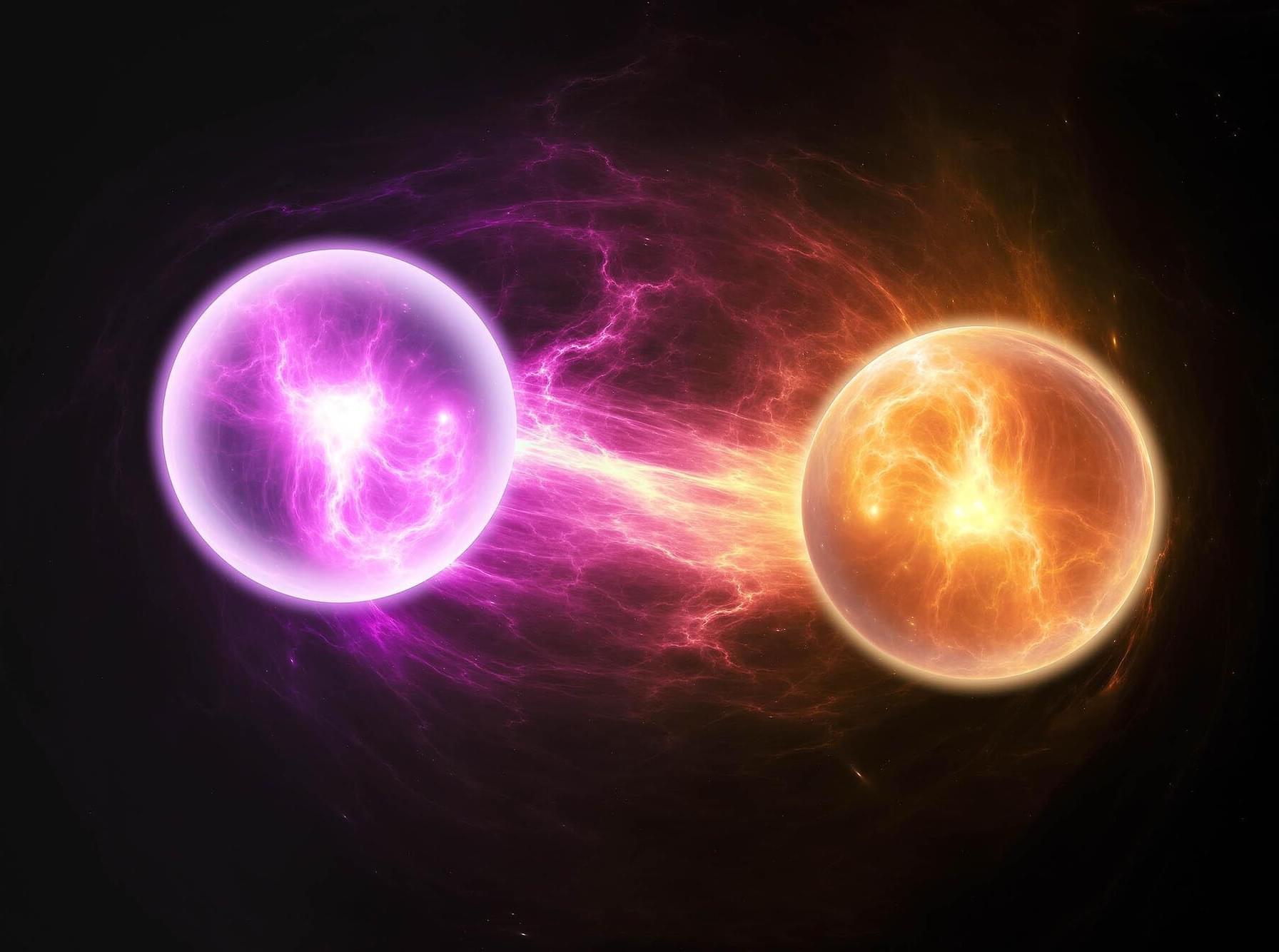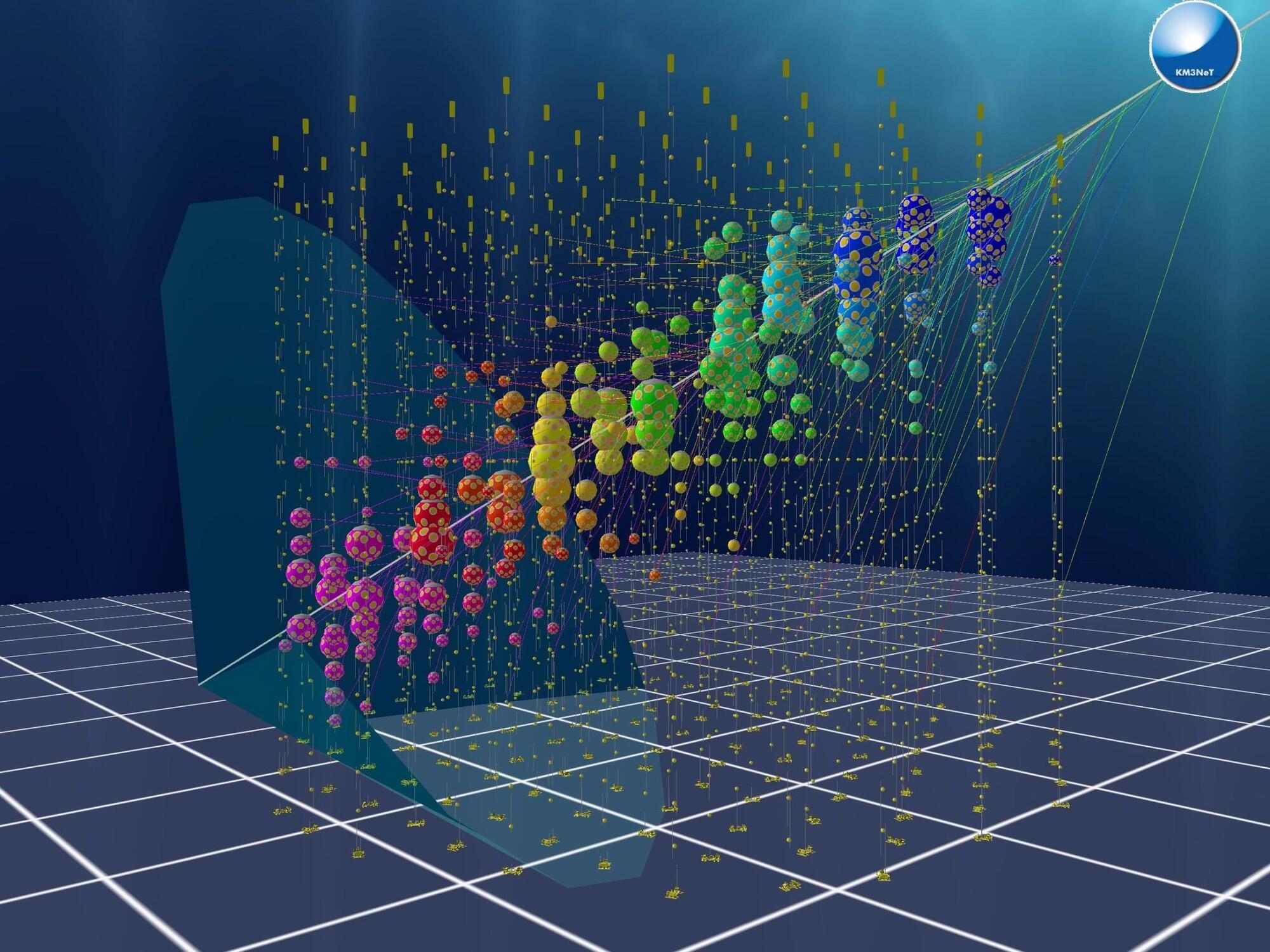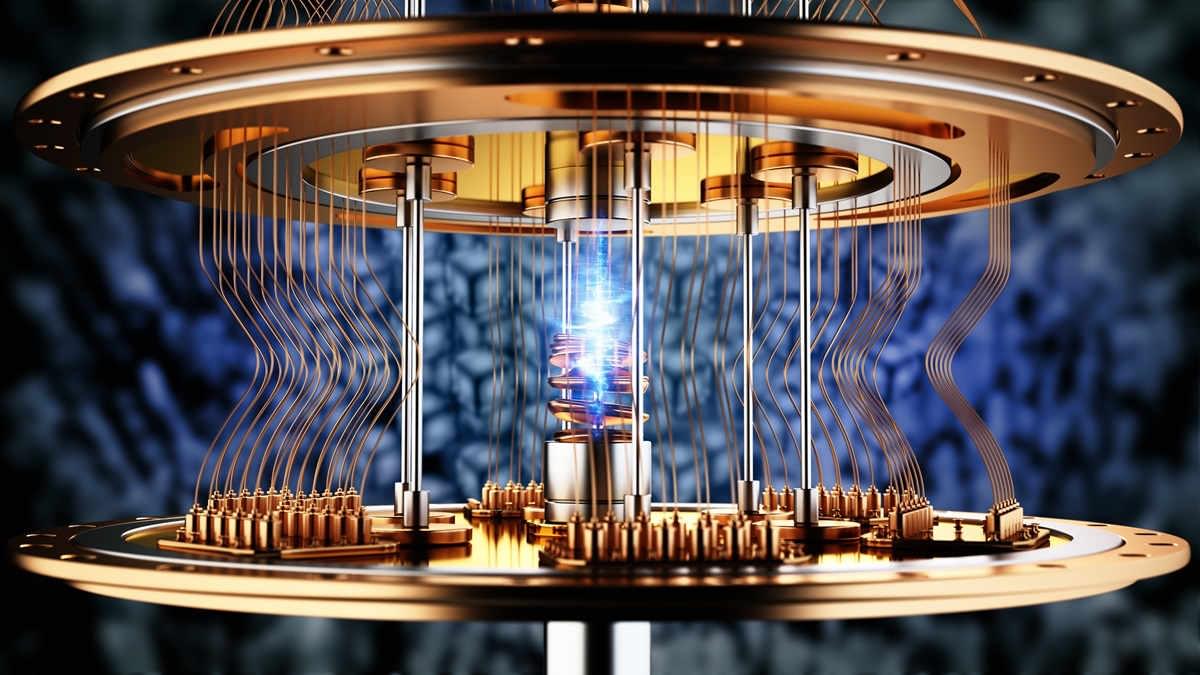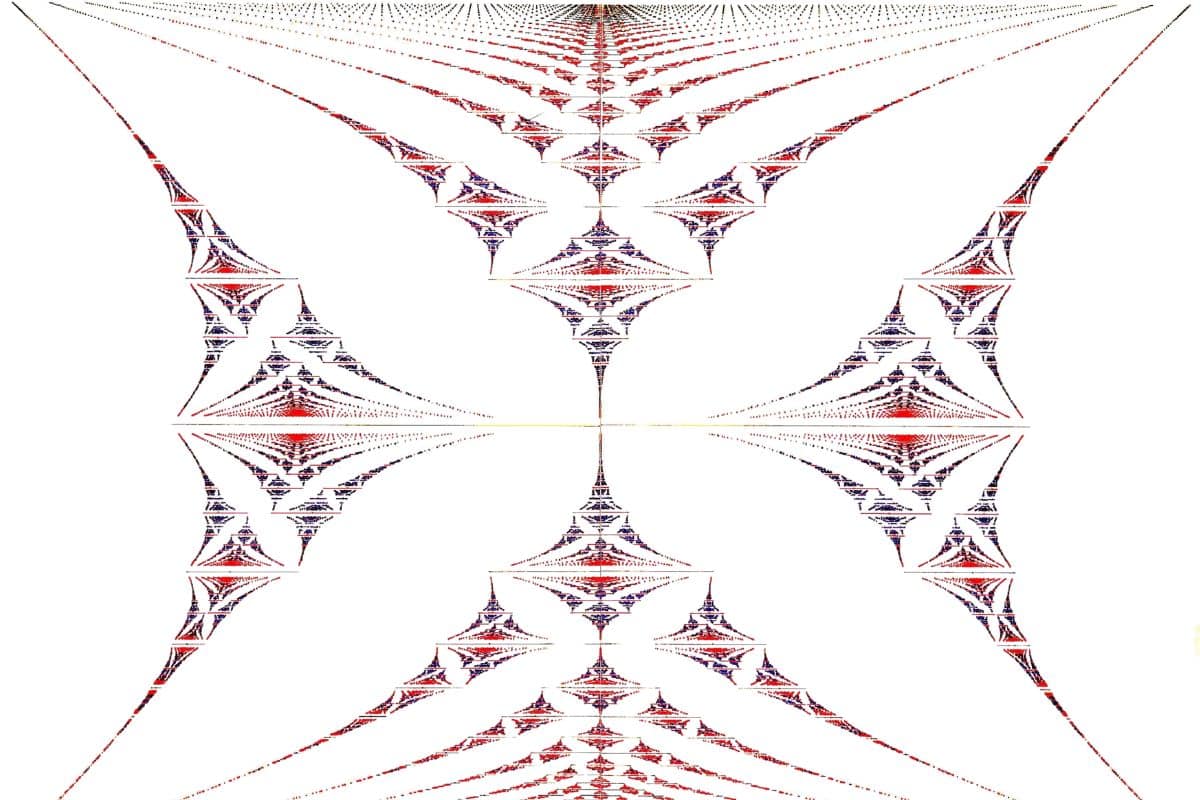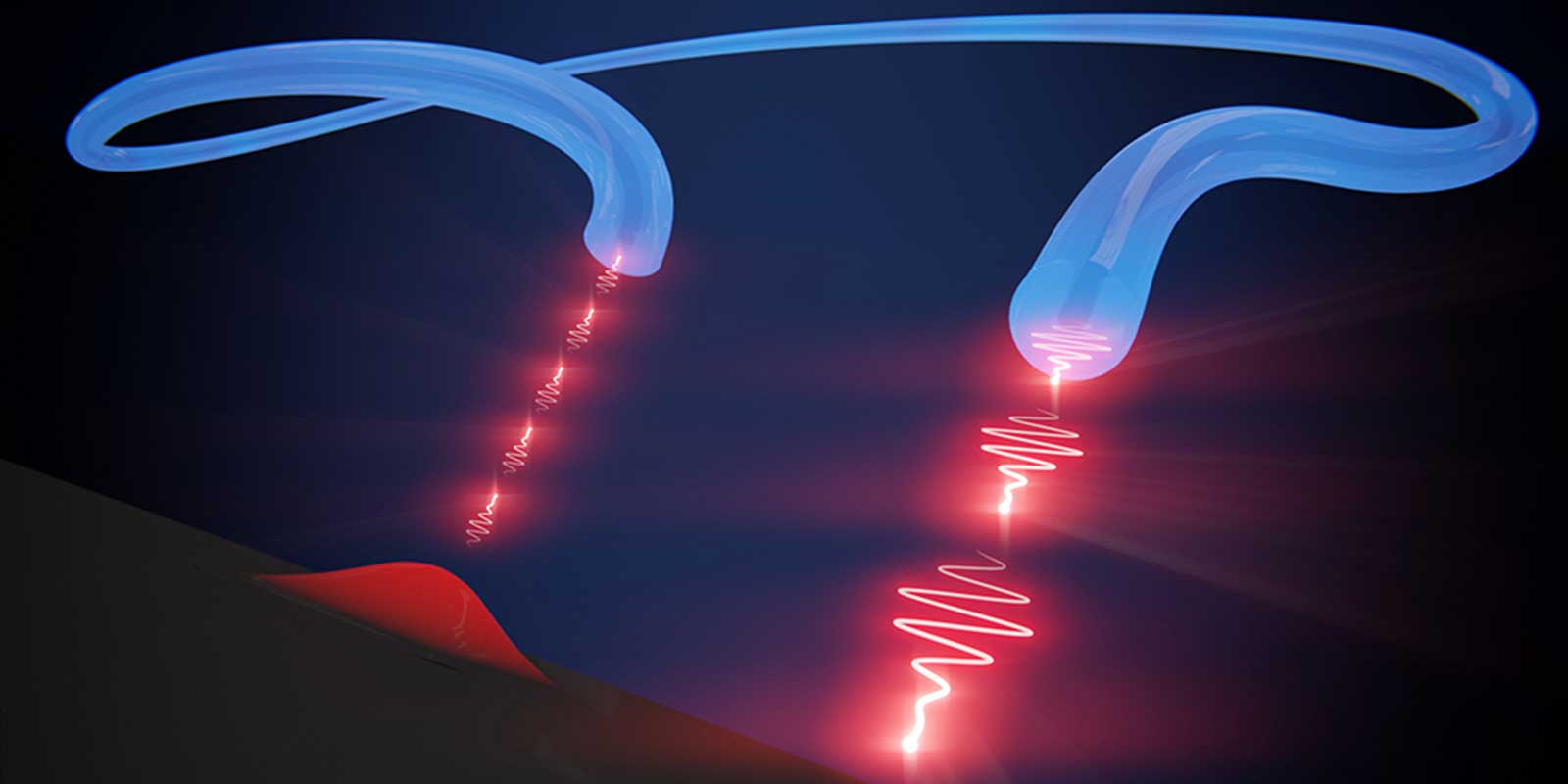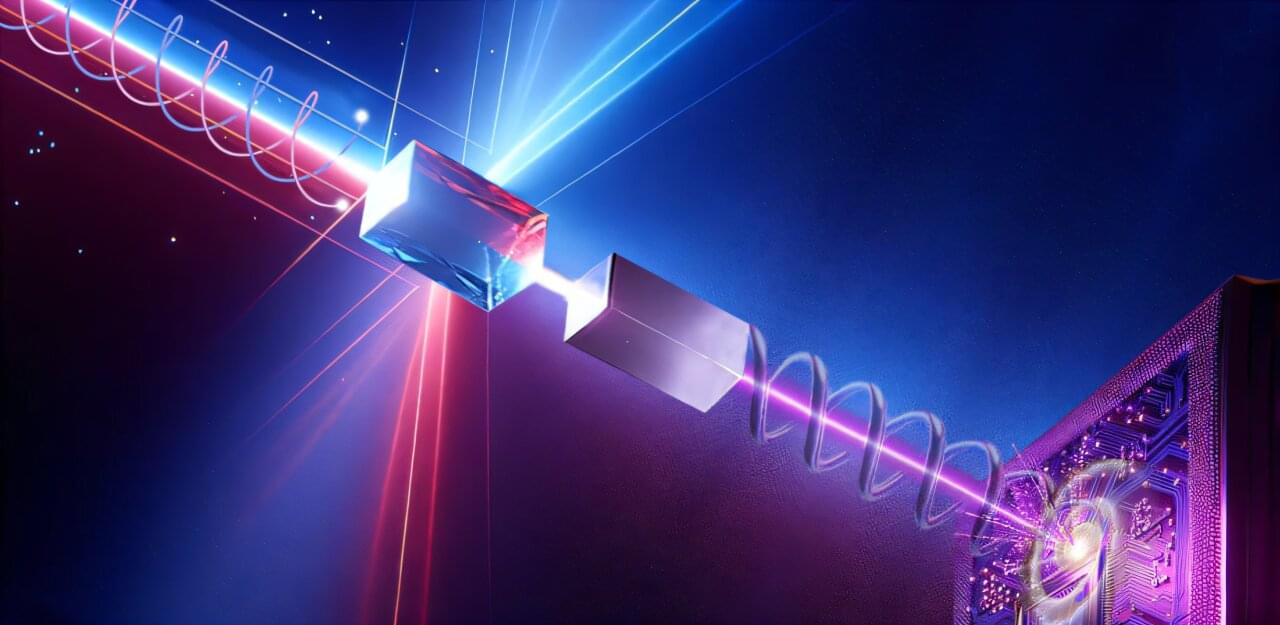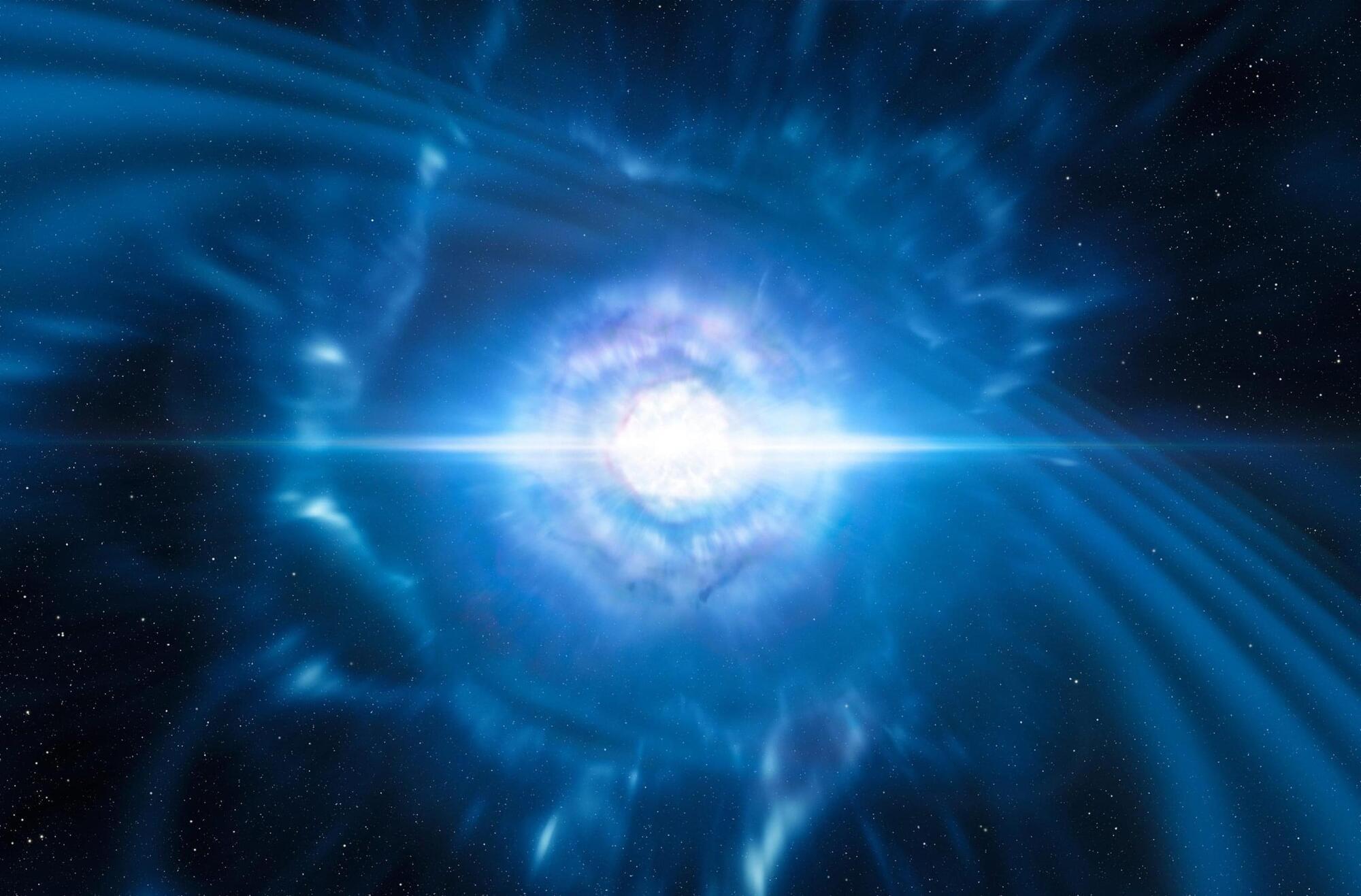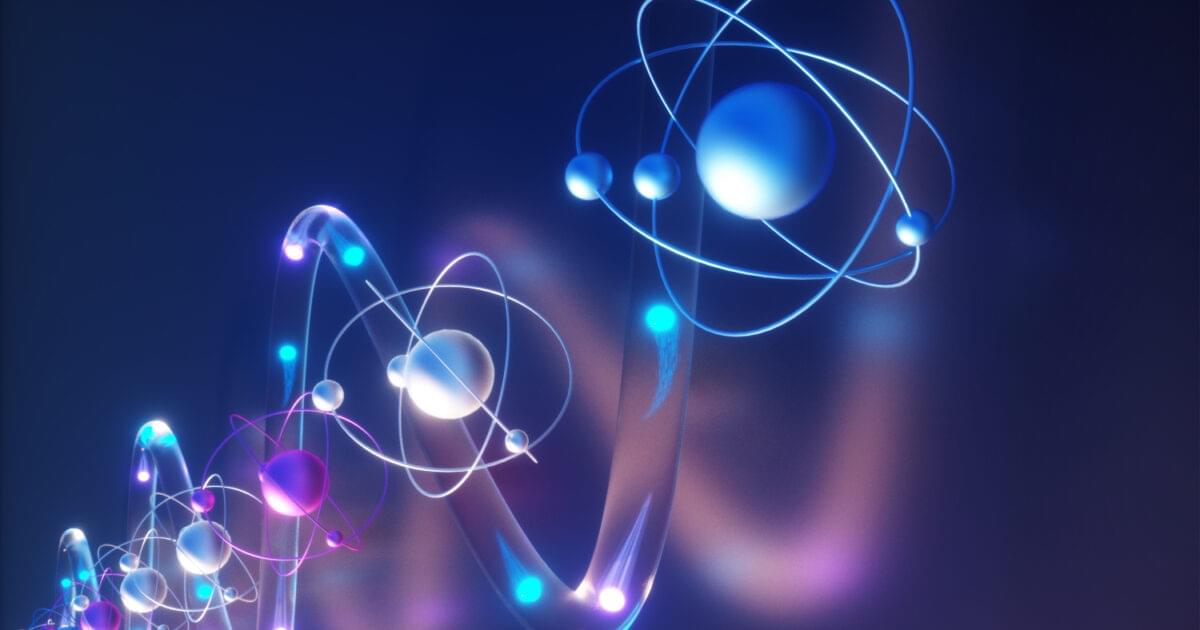Consciousness is one of the most fundamental aspects of our existence, but it remains barely understood, even defined. Across the world scholars of many disciplines — philosophy, science, social science, theology — are joined on a quest to understand this phenomenon.
Tune into one of the more original and controversial thinkers at the forefront of consciousness research, Stuart Hameroff, as he presents his ideas. Hameroff is an anaesthesiologist who, alongside Roger Penrose, proposes that the source of consciousness is structural, produced from a certain shape in our brain. He expands on this, and much more (such as evolution), in this talk. Have a listen!
To witness such topics discussed live buy tickets for our upcoming festival: https://howthelightgetsin.org/festivals/
